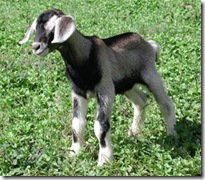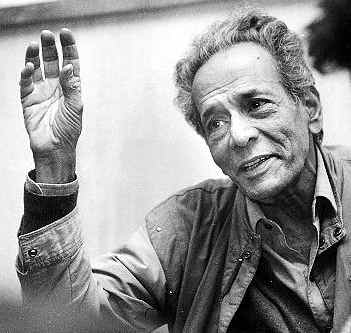We Bengalis have a special characteristic. We tend to setup familial relationships with almost any person we get acquainted with, especially when they are older than us. We cannot just address them by their names. We always want them to be our brothers, sisters, uncles, aunts, grandparents etc.
We do it with good intentions. We feel that it would be irreverent of us to address the middle aged gentleman we just met as “Arunabho” or “Satyen”. Addressing them by their first name is next to impossible. So we need to make a quick judgment call and decide what relationship we would like to establish with this new friend. Based on the looks, if the gentleman or lady seem to be close to our age, we try to make them our elder brother (Dada) or sister (Didi). If they seem to be middle aged, then “Kaku” or (Uncle) seems to be appropriate for men, and “Mashi” (Aunt) for women. For women, a subtle transition from “Mashi” to “Mashi-ma” can occur but one needs to be quite careful with that judgement. Often it so happens, that if it is a couple we meet, we call the husband “Kaku” (paternal uncle) and the wife “Mashi” (maternal aunt) – an almost absurd (although not impossible) relationship. When we meet a couple, “Kaku/Kakima” or “Mashima/Meshomoshai” is a better bet. It is odd though that the relations, “Mama” (maternal uncle) or “Pishi” (paternal aunt) are not used very often for such acquaintances. If you are ever doubtful about your social status in this relationship scale, I suggest you walk down the pavement in Gariahat Kolkata. The hawkers and roadside vendors will give you a perfect judgment about your age. Many ladies have experienced their development from “Didi” to “Boudi” to “Mashi” to Mashi-ma” to “Thakuma” from these experts. Continue reading



